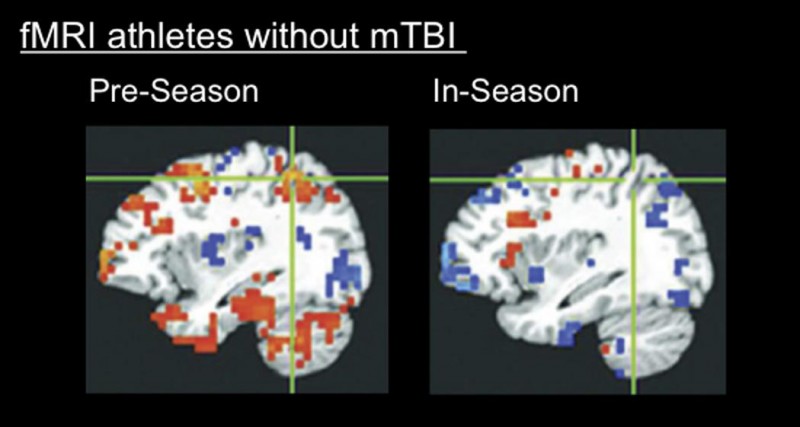6 month follow up with Neuropsychological data Screening Module of the Neuropsychological Assessment Battery-SNAB
- Attention: 56.7% of the patients remained impaired at 6 months post-trauma, 3.33% worsened, and the remaining improved or remained unaffected.
- Language Function: 63.3% of patients remained impaired, 26.7% improved, 6.67% remained unaffected, and 3.33% worsened.
- Memory: 33.3% of patients remained impaired within the domain of memory 6 months post-trauma with essentially equivocal changes (26.7% worsened, 26.7% remained unaffected, and 13.3% with improved memory status).
- Spatial Functioning: 53.3% remained unaffected for spatial function, although 23.3% showed signs of delayed impairments in the chronic phase.
- Executive Functioning: 70.0% of the subset patient group remained impaired with respect to executive functioning, with only 20.0% of these patients showing signs of improvement or recovery after the 6-month period post-trauma.
Veeramuthu, V., Narayanan, B., Kuo, T. L., Delano-Wood, L., Chinna, K., Bondi, M. W., Waran, V., Ganesan, D., Ramli, N. (2015). Diffusion Tensor Imaging Parameters in Mild Traumatic Brain Injury and Its Correlation With Early Neuropsychological Impairment: A Longitudinal Study, Journal of Neurotrauma, 32, 1–13.
fMRI studies of athletes without a concussion

Brain alterations shown on functional imaging without behavioral changes. fMRI image of high school football players without clinically diagnosed concussion, performing neurocognitive testing before football season and during football season.
